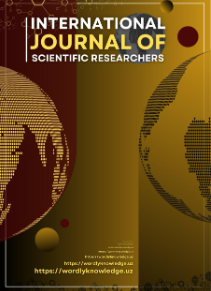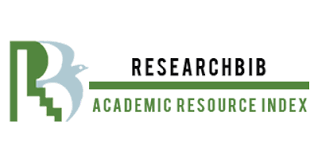THE TEACHER AND LEARNER'S ROLE IN ENGLISH FOR SPECIFIC PURPOSES (ESP)
Keywords:
English for Specific Purposes, teacher roles, learner roles, collaboration, needs analysis, learner autonomy.Abstract
English for Specific Purposes (ESP) is an essential area of English language teaching that focuses on providing learners with the linguistic and communicative skills required for specific professional or academic purposes. The roles of both the teacher and learner in ESP are unique and interdependent. This article explores these roles, focusing on the responsibilities of ESP teachers and the expectations placed on learners. It highlights the importance of needs analysis, learner autonomy, and the teacher's role as a facilitator of learning. The study reveals that a collaborative approach, where both teachers and learners engage actively in the learning process, leads to better outcomes in ESP education.
References
1.Dudley-Evans, T., & St John, M. J. Developments in English for Specific Purposes: A Multi-Disciplinary Approach. Cambridge: Cambridge University Press, 1998.
2.Hutchinson, T., & Waters, A. English for Specific Purposes: A Learning-Centered Approach. Cambridge: Cambridge University Press, 1987.
3.Hyland, K. English for Academic Purposes: Issues and Directions. Journal of English for Academic Purposes, 1(1), 2002.
4.Paltridge, B., & Starfield, S. The Handbook of English for Specific Purposes. Wiley-Blackwell, 2013.







